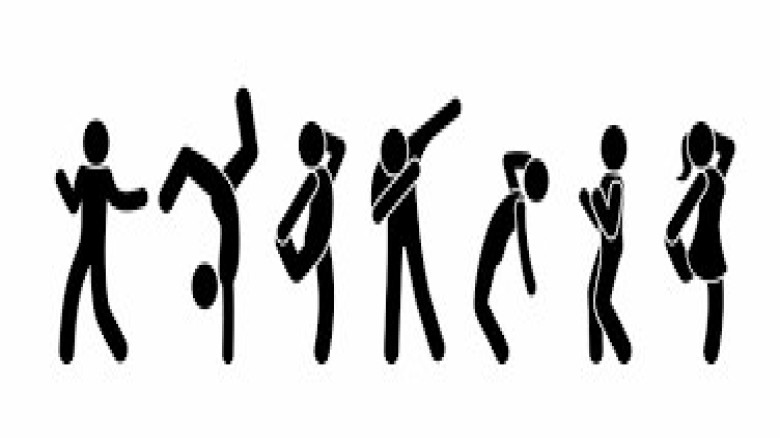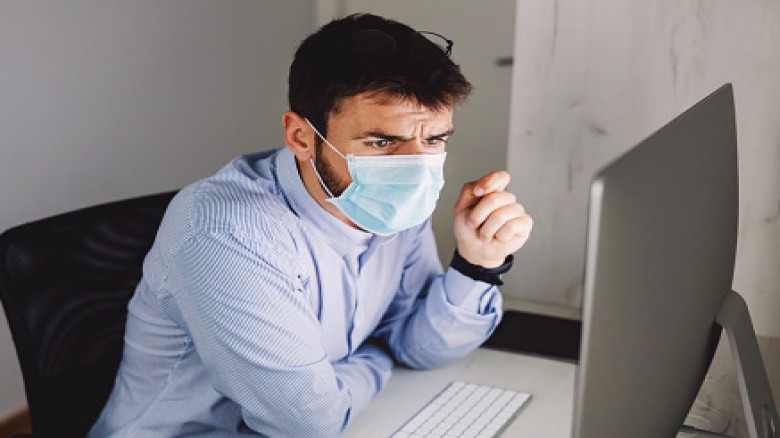COST IS ONE OF THE PRIMARY REASONS AMERICANS DON'T TAKE THEIR MEDICATION
For
over several decades, the saying "health is wealth" has been the
order of the day. Research reveals that people
considered their "health" (a complete physical, mental, social as well as spiritual well-being of an individual)
as the most valuable and precious; the major reason why visitation to
hospitals, clinics, the local
pharmacy, and doctors was
given more priority during or before an illness or a disease is confirmed.
Today, the saying "health is wealth" has been completely transformed
to what I called "the cost of health care can make you rich." Instead
of considering the state of health and diagnosis, general attention has shifted
to the cost one may incur in the process rather than the needful.
According
to the compilations of the result generated from a
general poll presented at the American Society on Aging 2018, it was
established that about 44% of dwellers of the State deliberately avoid visiting
doctor when sick or injured due to the exorbitant cost of health care. The
presentation further buttresses
the fact that about 40% of this population willfully skip important diagnosis
and treatment.
Furthermore,
an online survey recently conducted also disclosed that about 22% of the
Americans completely abstained from medical care which includes medications,
vaccination, annual
exams,
screenings,
vision
checks
and
routine
blood
work
because their cost is unreasonably high. As if
that wasn't enough, the report
also shows that some family members estimated to about 15% also declined
medical care because of the same reason.
To
crown this report all, Kaiser Family Foundation reports also shows the chronic
effect of the excessive cost on people's behavior.
It was also established that about 29% of Americans failed to use their
medication as specified because of the cost. Consequently, 31% of the
respondents professed they cut pills in half or miss an entire dose.
IS HEALTH CARE COST REALLY
EXPENSIVE?
According
to West Health, the ever-increasing cost of health care is a dilemma. A simple
doctor's visit can be challenging, even more,
complicated if you're not insured or incurred health care expenses, say past
years; or better still you have a high-deductible health insurance plan with no
copay’s backup.
Most
of those in this category may have to do the unthinkable to cover their health
care expenses. For instance, according to Bankrate's survey, 10% of those who
had health care expenses in recent years disclose that they have to owe another
huge debt to settle their medical bills. While other 20%
claimed they have to obtain money from friends and family, even their
retirement funds or home equity. Hence, they are saving less and their
aggregate debt increases.
In
his remark, Mark Hamrick, (a senior economic analyst) finalized that, "Health
care
costs,
including
the
most
substantial stemming
from
an
unexpected
accident
or
illness,
can
inflict
lasting
financial
damage."
Therefore, the current cost of health care can be considered unreasonably high
and if proper care is not taken, may grow wide and beyond control.
IS PAYING HEALTH CARE WORTHS
THE SHOT?
While
being realistic, the answer is no. In Shelley Lyford's (the President of West
Health) statements, he openly criticized the fact
that the dwellers of the State are paying more than what is expected of on
healthcare, while they're getting less than they deserve and the practice has been in existence quite long; therefore, he
concluded that a new approach is needed to completely abolish such act. Apart
from the above criticism, a general survey conducted recently also complimented the statement, has 75% of
Americans concluded that health care in the State doesn't worth the shot; while about 50% do not approve of how Congress handles health care costs.
WHAT MUST BE DONE?
This
article focuses on two main approaches
to tackle this dangerous situation. First, your part of the deal and second,
government intervention. The saying, "make hay when sunshine" should remind us of the usefulness of building up a financial cushion
from any visible emergency savings account before any unforeseen circumstances
occur, after all, nobody knows tomorrow. This, without no doubt, will keep you
a step above any medical bill crises; as well as keep your health in check.
On
the hand, Alaina Tedesco affirmed three approaches
the government can employ to
curtail the ever-rising cost of health care. First, the government must terminate fee-for-service as well
as the payment models. Second, legislation that allows Medicare must be encouraged; and lastly, enable price
transparency to expose the buyer and seller to all odds in the health care sector.
Do
you enjoy this content and what does that prompt
you to do? For more healthcare advice, feel free to contact us.
















Leave A Comment